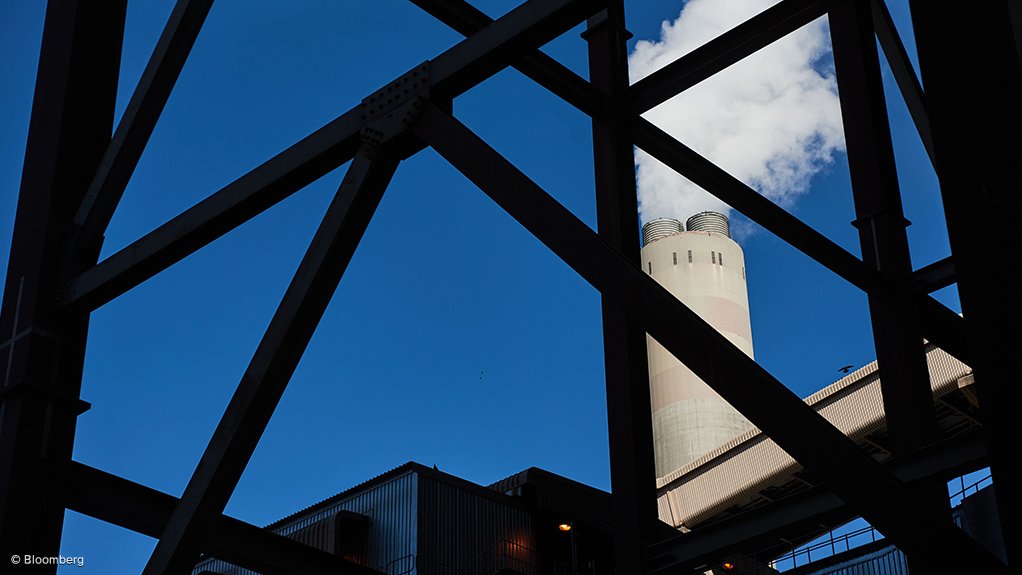Civil society groups have lodged their appeal against a decision granting Eskom a temporary exemption to bypass pollution controls at Kusile.
The exemption allows Eskom to run Kusile without flue gas desulphurisation (FGD), which is required to reduce sulphur dioxide emissions.
Eskom had applied for the exemption following the collapse of a flue gas duct at Kusile's unit 1 last year, owing to ash buildup inside the pipe. This affected the operations of units 2 and 3 – which meant Eskom lost about 2 100MW of generation capacity, or two stages of load shedding.
The exemption, granted by the Department of Forestry, Fisheries and Environment's (DFFE) National Air Quality Office, would effectively allow Eskom to return the units into operation earlier than if the flue duct first had to be repaired. The exemption applies until 31 March 2025.
The Vukani Environmental Justice Movement in Action and groundWork, which are represented by the Centre for Environmental Rights (CER), are appealing this decision, they said in a joint statement on Thursday.
The organisations said that they understand the concerns about load shedding and the impacts on the economy and livelihoods. However, they have questioned whether Eskom and the National Air Quality Officer had "adequately" evaluated the proposal to run Kusile without FGD – given its consequences for health as well as the costs.
"The costs of the permanent repair to the failed stack are not being disclosed by Eskom, making a sound cost-benefit assessment by interested and affected parties impossible," the groups put forward.
Sulphur dioxide pollution is associated with respiratory illnesses such as asthma and bronchitis. Research by the Centre for Research into Energy and Clean Air (CREA) has also highlighted that if Kusile were to run without FGD it would significantly increase sulphur dioxide and mercury emissions that would affect health and cause hundreds of deaths:
In addition to the sixfold increase in SO2 emissions (an excess of 280 000 tonnes), bypassing the FGD will also see a 40% increase in the emission of mercury – a potent neurotoxin which persists in the environment for years.
"The increased emissions from Kusile are projected to result in 670 excess deaths, 3 000 asthma emergency room visits, 720 000 days of work absence and a societal costs of health impacts to the tune of up to R24-billion," the CER said, citing CREA's research.
A 2021 data analysis by CREA also found Eskom to be the world's worst sulphur dioxide polluter.
The exemption is subject to the condition that Eskom take steps to mitigate the harm caused by exposure to sulphur dioxide, but the groups have criticised these as being weak.
For example, Eskom is required to have independent health screenings and refer people to "appropriate" public health facilities for treatment.
But the groups want a more proactive approach - such as the introduction of mobile clinics, a health management outreach programme, chronic treatment and improved air quality monitoring and installing filtration systems at schools and public buildings.
"The mitigation measures required of Eskom are weak and general, and there are concerns about how effective they will be. As things currently stand, public health facilities in the area are woefully underequipped to deal with the air quality-induced crisis in the region," said Ntombi Maphosa, CER attorney.
"We are expecting hundreds of people to sacrifice their lives and thousands more to experience disabilities because of our poor energy choices. This is unconscionable. We need to shift to renewable energy as a matter of utmost urgency," added Michelle Cruywagen, senior just transition and coal campaign manager, groundWork.
EMAIL THIS ARTICLE SAVE THIS ARTICLE
To subscribe email subscriptions@creamermedia.co.za or click here
To advertise email advertising@creamermedia.co.za or click here











